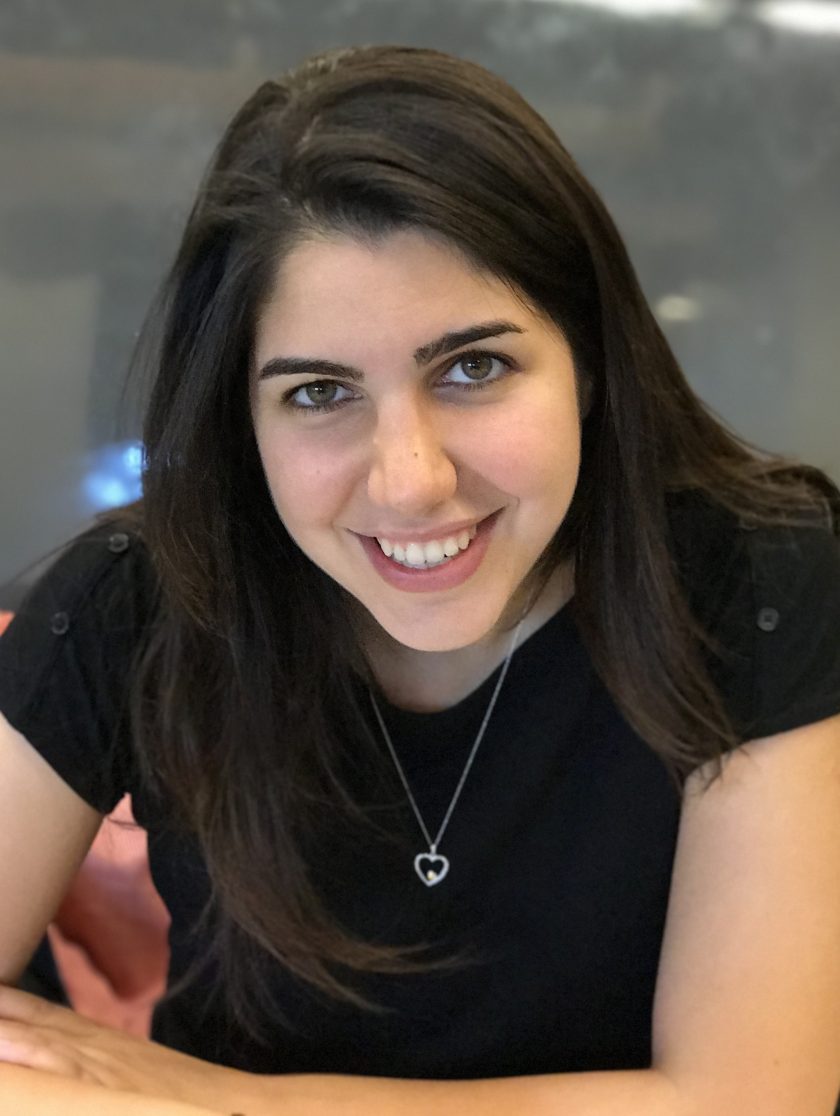Please note: This Colloquium will not be recorded. If you’re interested in this talk, please make plans to attend!
Abstract
Today’s society is rapidly advancing towards cyber-physical systems (CPS) that interact and collaborate with humans, e.g., semi-autonomous vehicles interacting with drivers and pedestrians, medical robots used in collaboration with doctors, or service robots interacting with their users in smart homes. The safety-critical nature of these systems requires us to provide provably correct guarantees about their performance in interaction with humans. The goal of my research is to enable such human-cyber-physical systems (h-CPS) to be safe and interactive. I aim to develop a formalism for design of algorithms and mathematical models that facilitate correct-by-construction control for safe and interactive autonomy.
In this talk, I will first discuss interactive autonomy, where we use algorithmic human-robot interaction to be mindful of the effects of autonomous systems on humans, and further leverage these effects for better safety, efficiency, coordination and estimation. I will then talk about safe autonomy, where we provide correctness guarantees, while taking into account the uncertainty arising from the environment. Further, I will discuss a diagnosis and repair algorithm for systematic transfer of control to the human in unrealizable settings. While the algorithms and techniques introduced can be applied to many h-CPS applications, in this talk, I will focus on the implications of my work for semi-autonomous driving.
Biography
Dorsa Sadigh is an assistant professor in computer science and electrical engineering at Stanford University. Her research interests lie in the intersection of robotics, control theory, formal methods and human-robot interaction. Specifically, she works on developing efficient algorithms for safe and interactive human-robot systems such as semiautonomous driving. Sadigh received her doctoral degree in electrical engineering and computer sciences (EECS) at UC Berkeley in 2017, and received her bachelor’s degree in EECS at UC Berkeley in 2012. She has been awarded the NSF and NDSEG graduate research fellowships as well as Leon O. Chua departmental award, Arthur M. Hopkin departmental award and the Google Anita Borg Scholarship.


